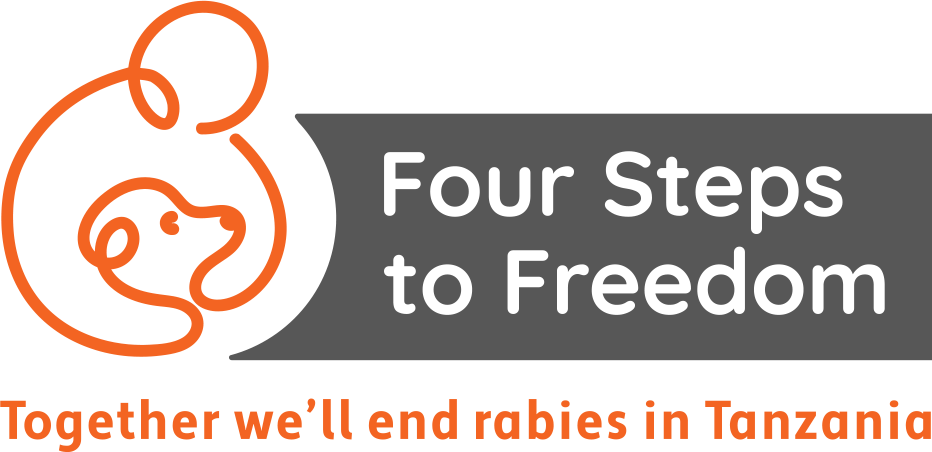Interview With Vet Susan Bell
Susan Bell
What is your typical working day in Tanzania?
Often long days, and it often depends if we have to drive to a remote location for a field clinic. I have mostly done mobile field campaigns so there are always cars full of equipment and people (vets, nurses, assistants) to be transported - often up to an hours drive.
Have you ever felt afraid: being in such close contact with the world’s deadliest disease?
I don’t really stop and think too much about being in a high risk rabies area. Everyone is so much more careful when handling animals in TZ compared to the UK where we are fortunate not to have rabies. Due to the disease being fatal, we cannot take any chances of someone being bitten and all possible preventative precautions are taken when handling the animals. The vet volunteers all must have rabies vaccinations before going to Tanzania and if anyone was exposed or bitten, then we have a human post exposure rabies vaccination protocol, which we have available at all times. We are lucky in this respect because the local population would often not have easy or affordable access to preventative vaccines or post exposure vaccinations in an emergency.
How do the surgery conditions compare to what you’re used to in Scotland?
The surgical standards and conditions are maintained at a very high level in Tanzania, even in field clinics, but it is very different to performing anaesthesia and surgery in the UK. We wouldn’t have quite the variety of equipment, not as easy to sterilise things in the field and a much more dusty (sometimes torrential rain) environment open to the elements. It would be better to have a dedicated surgical operating theatre with anaesthetic gas. Even in the day time, I find I have to use a head torch to operate because of the sun and shadows!
Operating in Jens' old garage, before the new premises and clinic.
What is the hardest thing about the work you do in Tanzania?
The three hardest things for me are these:
1. Seeing animals who have been neglected or poorly treated or even abused due to lack of education in the local community.
2. Operating on animals who have blood parasites (spread usually by ticks ) which cause increased bleeding during surgery.
3. Leaving to go home!
What do you love most about volunteering there?
I love the people I have met; the animals – and the feeling of having achieved something and made a difference to the lives of the animals and people you have met.
If you had a magic wand and you could make one change to the situation in Tanzania today, what change would you make?
A fully staffed and equipped veterinary clinic with resources to teach local vets and assistants practical skills!! This would make a world of difference in educating local veterinary students in practical small animal medicine and surgery to a high level. This is not generally taught in Tanzanian vet school, where the emphasis seems to be on livestock.


